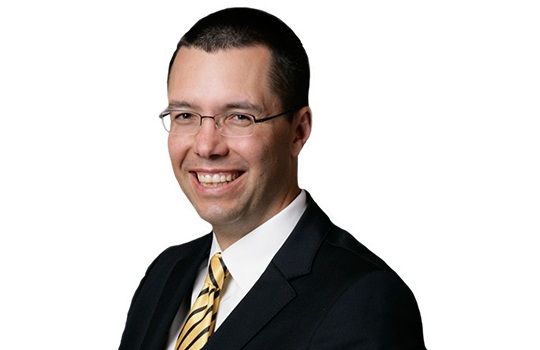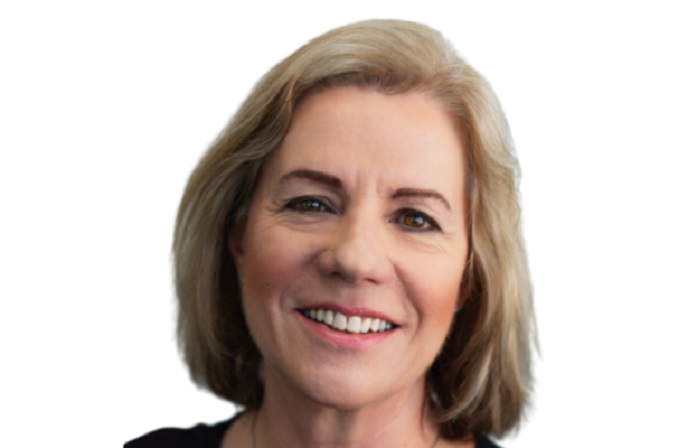
Maybank’s Group Chief Technology Officer speaks to FST Media about what banking will look like in 2020.
FST Media: How important is the role of technology in Maybank’s regional growth strategy?
Stecyk: Technology is absolutely critical in our regional growth strategy. I believe that technology for banks these days is increasingly important and its focus is slowly changing. It is no longer about the back office anymore, it will be about enabling the customer. We will need to have absolutely intuitive and elegant interfaces to make it easier for our customers. This in turn means our customers will not need to deal with a relationship manager as much because we will have the interfaces for them to be self-directed in their banking. For Maybank, another key consideration is that as a regional bank, technology will allow us to give some of our smaller countries advantages that they might not have had in the past. This includes mobile, internet and seamless cash management capabilities. As part of a regional bank, they are going to have these competitive advantages that make a significant difference.
FST Media: What should banks be doing to combat the threat of disruption from agile innovators like Google, Facebook and Apple?
Stecyk: Banking is an industry where there are always threats. I believe that banks need to do three things: learn, collaborate and enable. Firstly, you cannot view them as a threat. You have to see how some of these new forces are entering into the industry and how they are shaping the industry. In some circumstances, you will need to collaborate with them because by working with them you can bring value to your customers. Finally, disruption helps to enable agility. Bank’s are not terribly agile; we like to think we are, but in reality there is a lot of room for improvement. Some of the startup companies entering the financial services space today are incredibly agile, and I think there is a lot to be learned from how they serve customers. We need to look closely at how these disruptors understand customers versus the way banks think they understand customers. By virtue of learning and enabling that agility, I think our customers will be greatly benefitted.
FST Media: What will banking look like in 2020?
Stecyk: In 2020, we will see absolute seamless banking interactions. Whether you are on your mobile, whether you are at an ATM, whether you are on your tablet, or whether you are at a call centre, you will be able to access everyday banking across all those platforms without any hiccups or constraints. It will be easy for customers to do that. The other key development in 2020 will see banking cease being dominated by product, and instead, the focus will be on activity. It will be a lot easier for customer who will be able to go about their daily lives without having to become banking experts.
FST Media: What skills do you think aspiring technology chiefs should invest in now?
Stecyk: I think the technology chiefs of the future will need to have much deeper business knowledge than ever before. They will need to understand businesses, threats, key competitive advantages, where their critical drivers are, where their margins are, as well as how technology is enabling new possibilities. The next step is looking at how you are going to use technology with this information to achieve the outputs, and ensure that you have no white elephants in the room; making sure you have robust investments that make a difference. This will be one of the hallmarks of a successful chief technology officer of the future. The other key skill is capital impact. Banks and capital will have a very different dynamic going forward, and the chief technology officer also has to understand how capital is impacting the institution and how his business is using capital. They will also need to know how they will need to use capital, because these are big investments that span a long time and they are capital hungry. It is crucial for aspiring technology to become much more fluent and articulate on capital and the impact of capital on the organisation.
FST Media: Every leader has a legacy they wish to be remembered for. What is yours?
Stecyk: If I look back, Maybank has been quite a journey for me over the last five to six years. With our technology team, we would like to be remembered for being the team that established the regional platforms, introduced them at scale and left the bank with a capability that made a competitive difference in financial services.





